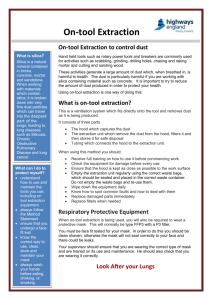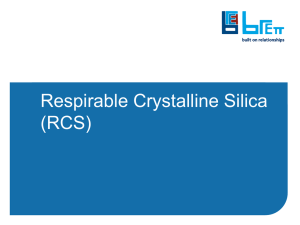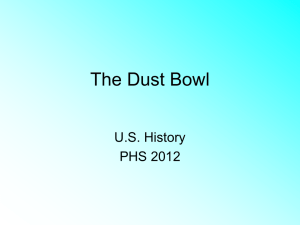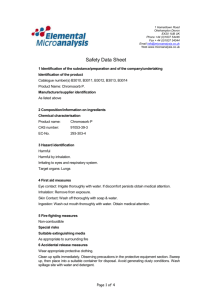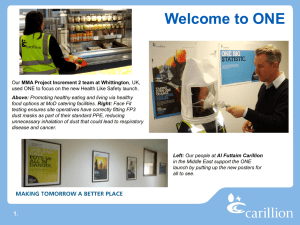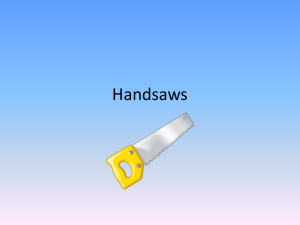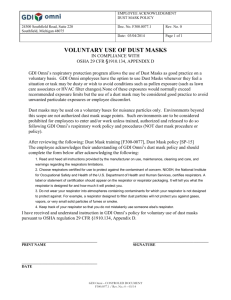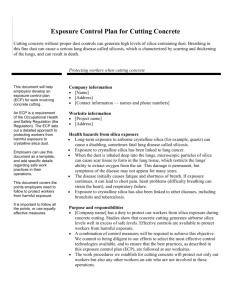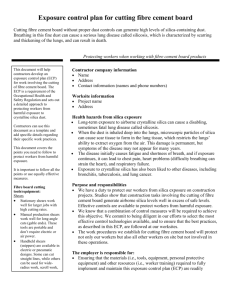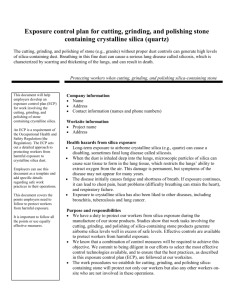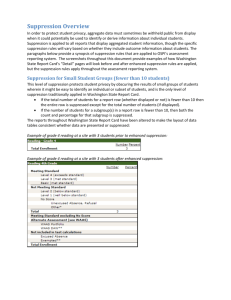File
advertisement
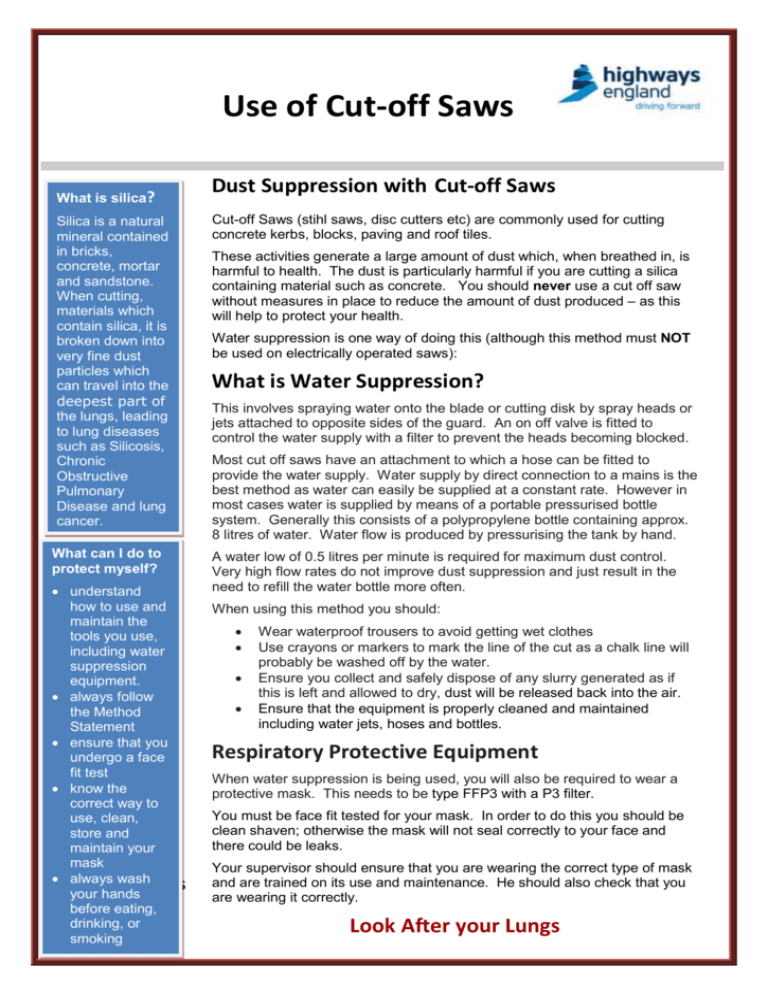
Use of Cut-off Saws What is silica? Silica is a natural mineral contained in bricks, concrete, mortar and sandstone. When cutting, materials which contain silica, it is broken down into very fine dust particles which can travel into the deepest part of the lungs, leading to lung diseases such as Silicosis, Chronic Obstructive Pulmonary Disease and lung cancer. What can I do to protect myself? understand how to use and maintain the tools you use, including water suppression equipment. always follow the Method Statement ensure that you undergo a face fit test know the correct way to use, clean, store and maintain your mask always washqons What your hands before eating, drinking, or smoking Dust Suppression with Cut-off Saws Cut-off Saws (stihl saws, disc cutters etc) are commonly used for cutting concrete kerbs, blocks, paving and roof tiles. These activities generate a large amount of dust which, when breathed in, is harmful to health. The dust is particularly harmful if you are cutting a silica containing material such as concrete. You should never use a cut off saw without measures in place to reduce the amount of dust produced – as this will help to protect your health. Water suppression is one way of doing this (although this method must NOT be used on electrically operated saws): What is Water Suppression? This involves spraying water onto the blade or cutting disk by spray heads or jets attached to opposite sides of the guard. An on off valve is fitted to control the water supply with a filter to prevent the heads becoming blocked. Most cut off saws have an attachment to which a hose can be fitted to provide the water supply. Water supply by direct connection to a mains is the best method as water can easily be supplied at a constant rate. However in most cases water is supplied by means of a portable pressurised bottle system. Generally this consists of a polypropylene bottle containing approx. 8 litres of water. Water flow is produced by pressurising the tank by hand. A water low of 0.5 litres per minute is required for maximum dust control. Very high flow rates do not improve dust suppression and just result in the need to refill the water bottle more often. When using this method you should: Wear waterproof trousers to avoid getting wet clothes Use crayons or markers to mark the line of the cut as a chalk line will probably be washed off by the water. Ensure you collect and safely dispose of any slurry generated as if this is left and allowed to dry, dust will be released back into the air. Ensure that the equipment is properly cleaned and maintained including water jets, hoses and bottles. Respiratory Protective Equipment When water suppression is being used, you will also be required to wear a protective mask. This needs to be type FFP3 with a P3 filter. You must be face fit tested for your mask. In order to do this you should be clean shaven; otherwise the mask will not seal correctly to your face and there could be leaks. Tool Box Talk Guidance Your supervisor should ensure that you are wearing the correct type of mask and are trained on its use and maintenance. He should also check that you are wearing it correctly. Look After your Lungs
